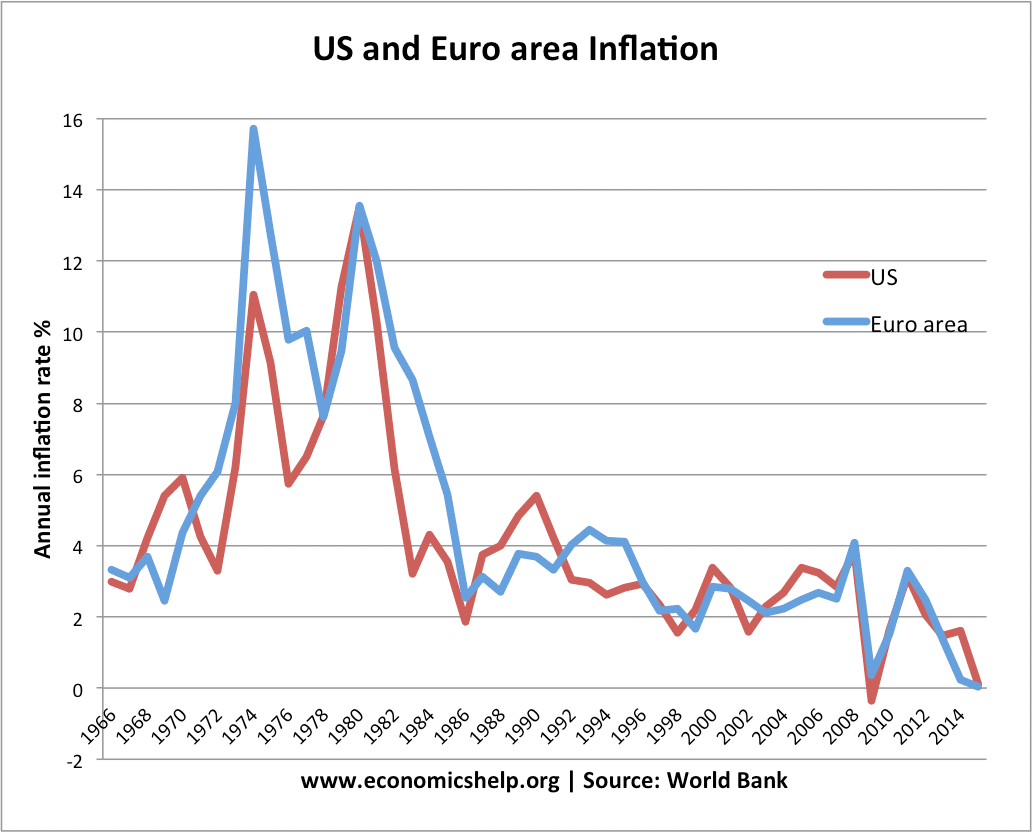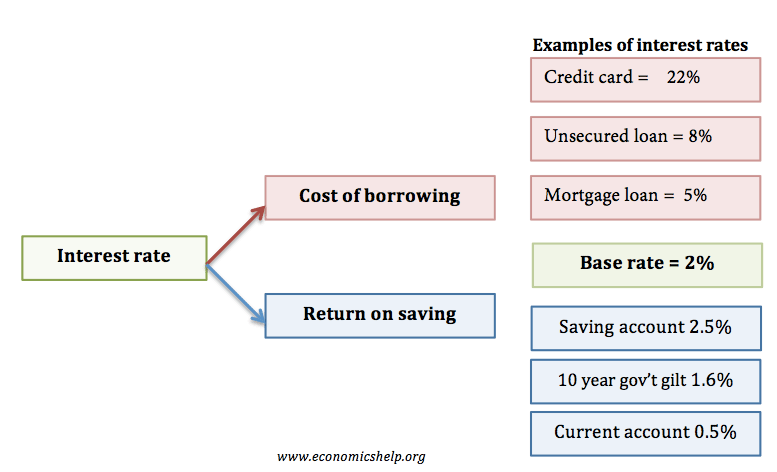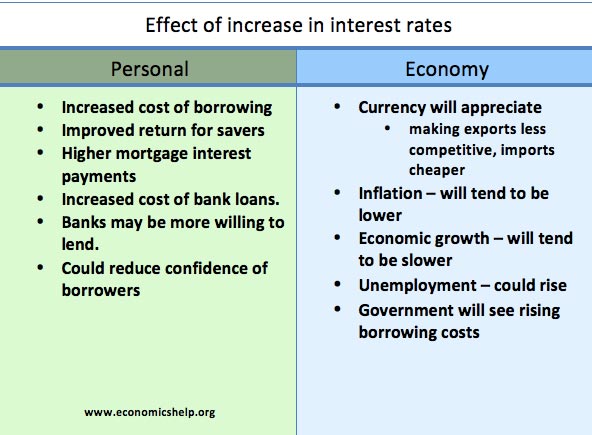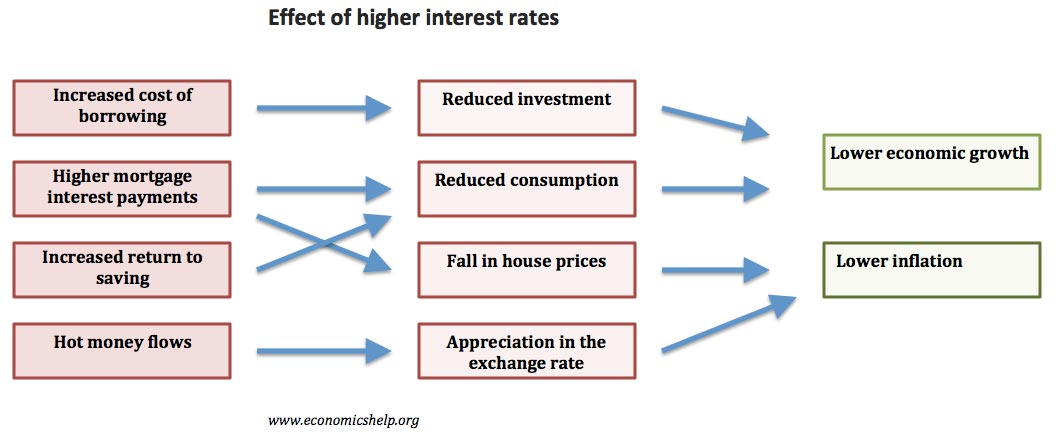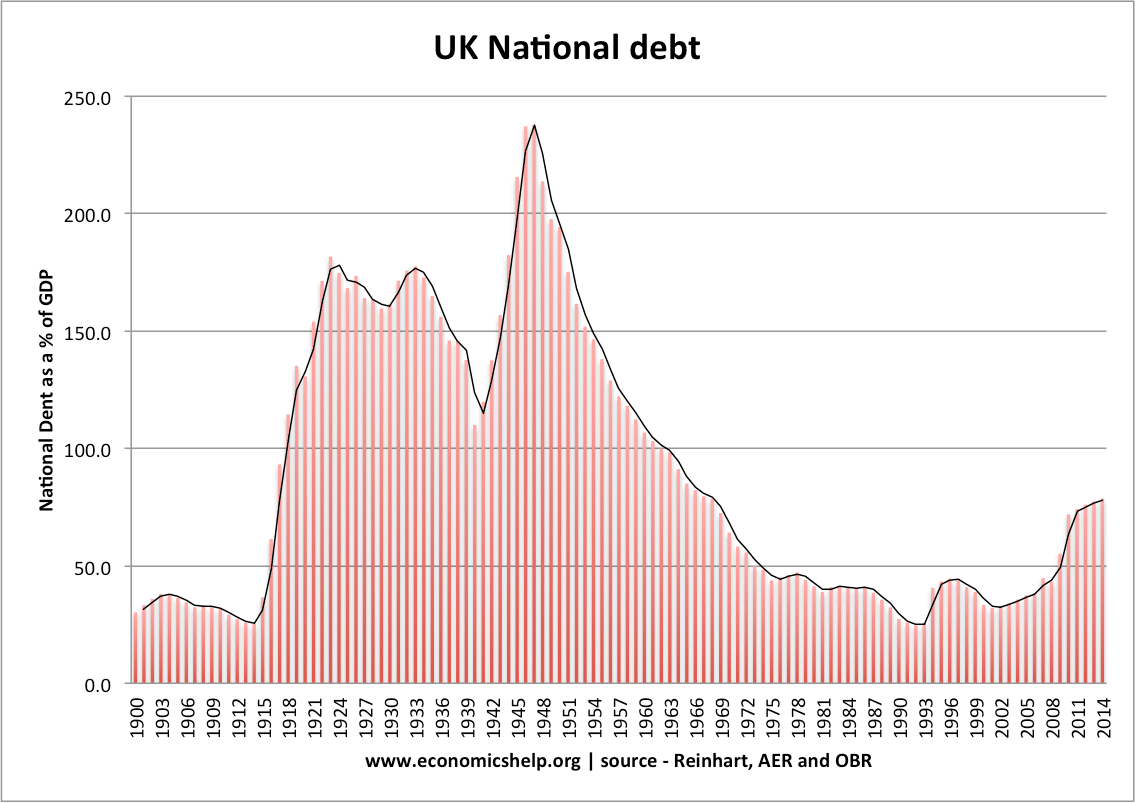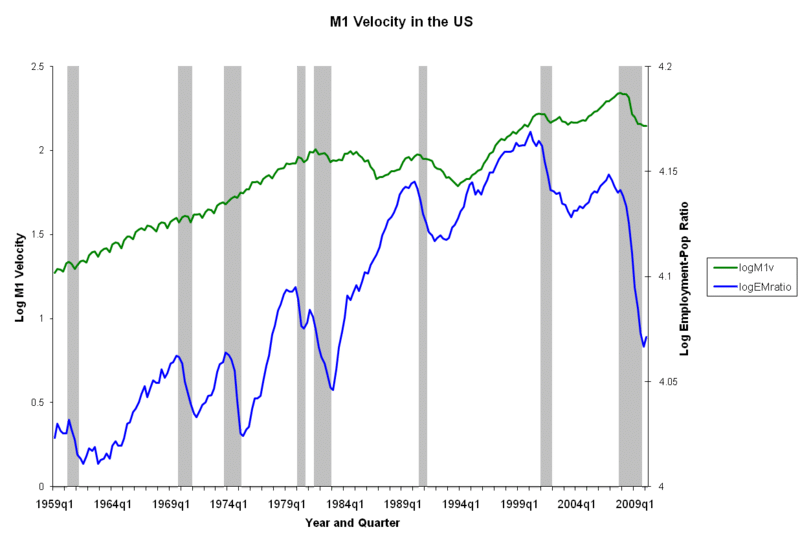Policies to solve deflation / low inflation
Deflation means a fall in prices (a negative inflation rate). Though policymakers should generally be concerned if there is an inflation rate less than the target of 2%. For example, in the Eurozone Jan 2015, the headline inflation rate is -0.2%. Even if we strip away volatile prices like oil, core inflation is 0.8%. …

